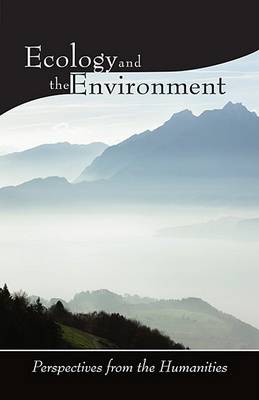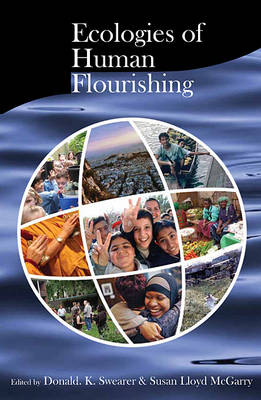Religions of the World & Ecology (HUP)
2 total works
The scientific, political, and economic policy debates about the global environmental crisis have tended to ignore its historical, ethical, religious, and aesthetic dimensions. This book redresses that omission by highlighting these humanistic components that are integral to the fabric of our ecological understanding and, consequentially, essential to a broad, multidisciplinary approach to environmental studies and public policy initiatives.
In this slim volume, seven world-class scholars discuss the wide range of perspectives that the fields of literature, history, religion, philosophy, environmental ethics, and anthropology bring to the natural environment and our place in it. The preface summarizes the development of the religion and ecology movement; the editor’s critical introduction highlights the essays’ major themes. Bringing insights from the humanities to bear on ecological concerns, this volume will appeal to a wide audience in the humanities and environmental studies, policy makers, and the general public. The book represents a continuation of the Center for the Study of World Religions’ highly regarded Religions of the World and Ecology series.
In this volume, prominent Buddhist scholar Donald Swearer posits that the future requires a radical shift toward living in recognition of the interdependence of all life forms and the consequent ethic of communality and a life style of moderation or “enoughness” that flows from that recognition, which he calls “an ecology of human flourishing.” Swearer has assembled world-class thinkers to explore and imagine several dimensions of an ecology of human flourishing: economic, sociological, religious, ethical, environmental, historical, literary; how notions of human flourishing, quality of life, and common good have been constructed; and, in the contemporary world, how they are illuminated or are challenged by issues of distributive justice, poverty and economic inequality, global health, and environmental sustainability.
With contributors ranging from ecoactivist Bill McKibben and medical anthropologist Arthur Kleinman, to transformative theologian Sallie McFague and Malaysian critic of global injustice Chandra Muzzafar, this book expresses ethical and religious aspirations to remake the world in the midst of the contradictions, injustices, and problems of our daily lives and today's global economic and climate crises.

